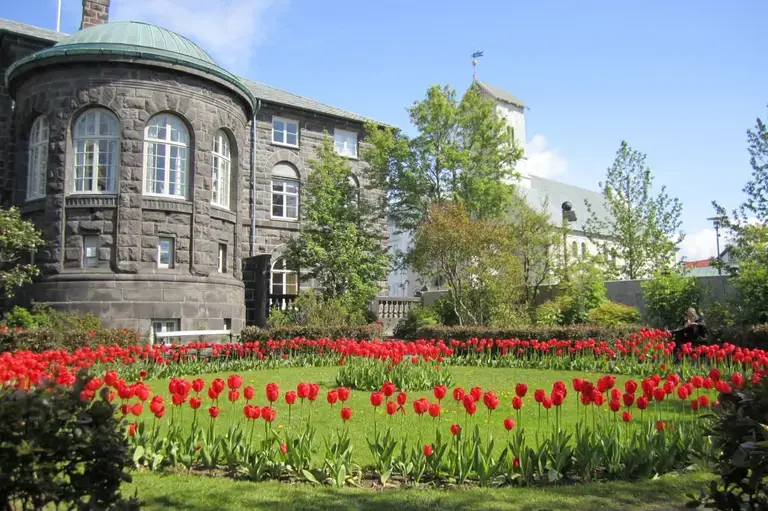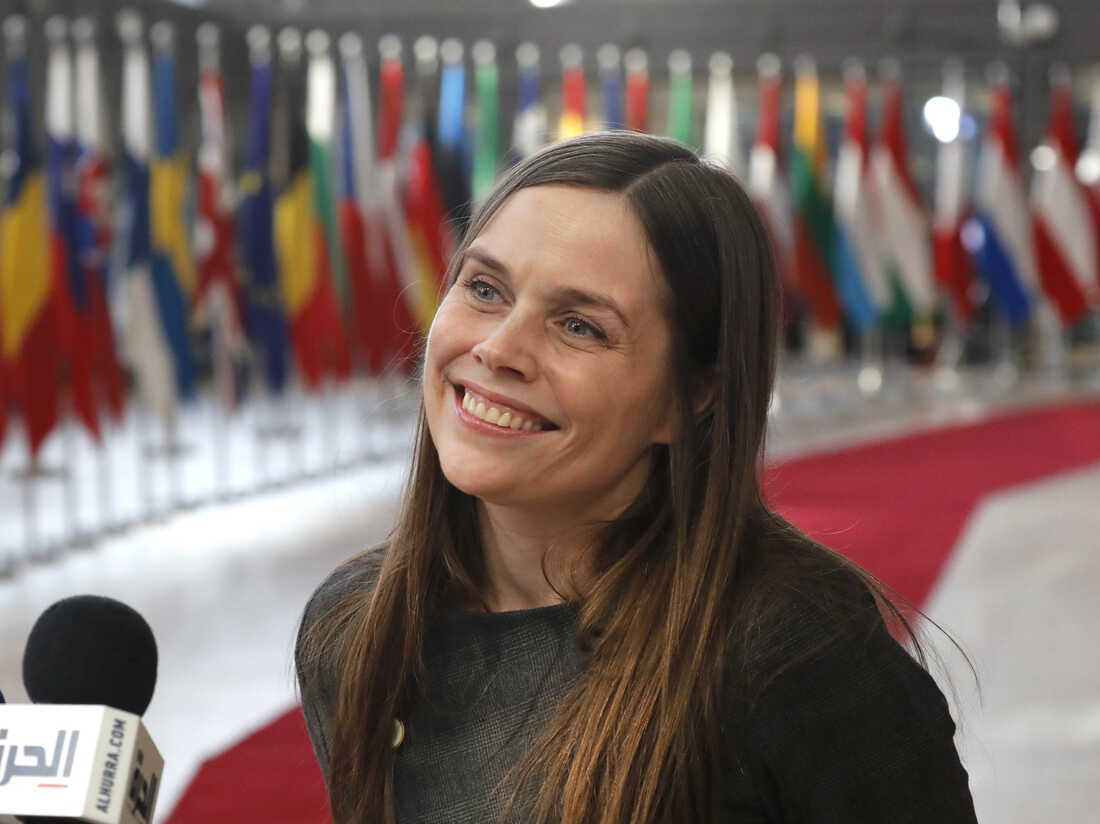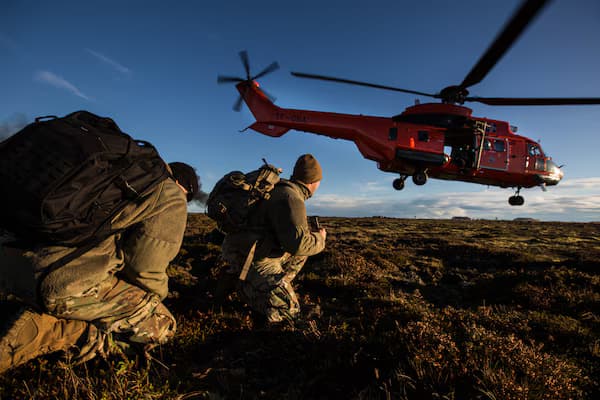Iceland, a proud nation historically devoid of armed forces, faces an unprecedented moment of reckoning. With global tensions escalating and the specter of authoritarianism looming, the Icelandic government is considering a fundamental shift in its defense policy that could see the nation abandoning its long-held commitment to neutrality.
Government"s Shift Toward Militarization
As reported by The Economist, Iceland"s coastguard, which currently carries the weight of national security, is feeling the strain under its limited resources. With only three helicopters, two ships, and one plane, they struggle to maintain safety over Iceland"s vast and treacherous landscapes. The need for more robust defense mechanisms has prompted a reevaluation of the country"s military posture, raising questions about its commitment to peace in an increasingly militarized world.
Impact of Global Geopolitics
The influences of geopolitics cannot be underestimated. The rise of nationalist leaders, particularly in the United States, has created instability that ripples across the globe. The U.S.–Icelandic Defense Agreement of 1951, which once seemed a relic of a bygone era, is being scrutinized as Iceland considers its future. The rising insecurity may force the island nation to engage more deeply with NATO and other military alliances, risking the erosion of its longstanding values of neutrality and peace.

Alþingisgarðurinn parliament park | Visit Reykjavík
Social Justice Implications of Militarization
The implications of militarizing Iceland extend beyond mere security concerns. A transition to a more militarized society risks diverting funds away from essential social services such as healthcare, education, and housing. According to historical analyses, the investment in military resources could exacerbate existing wealth inequalities and undermine social justice initiatives that have defined Icelandic society.
Voices from the Margins
As the government considers its options, it is crucial to amplify the voices of marginalized communities who will bear the brunt of these decisions. Disproportionately affected by economic austerity, these communities could see their needs further sidelined as military spending takes precedence. Activists are already mobilizing, warning that a shift in defense policy could translate into increased surveillance and policing, particularly against marginalized groups.

Icelandic Prime Minister Katrin Jakobsdottir To Miss Meeting ...
The Role of the Icelandic Peacekeeping Guard
According to Wikipedia, the Icelandic Crisis Response Unit (ICRU) plays a crucial role in maintaining peacekeeping efforts. However, as Iceland weighs its options, the ICRU"s capacity may be stretched beyond its limits. Without proper funding and support, these vital peacekeeping operations could falter, leaving vulnerable communities unprotected.



![[Video] Gunfire between Iraqi security forces and Sadr militias in Baghdad](/_next/image?url=%2Fapi%2Fimage%2Fthumbnails%2Fthumbnail-1768343508874-4redb-thumbnail.jpg&w=3840&q=75)
